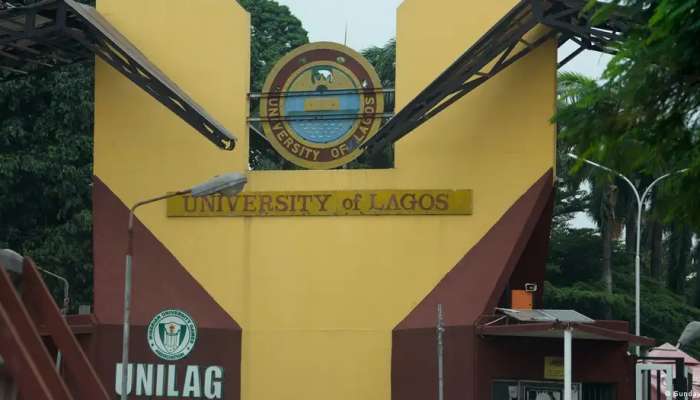
Abuja: Nigerian President Bola Tinubu's administration, through the Ministry of Education, said that it will start investigating 107 local private universities that began operating in the past 15 years.
The move aims to tackle the proliferation of fake degrees that has shaken Nigeria's academic institutions following an investigative report
There are at least 79 private universities in Nigeria.
Umar Audu, the Nigerian investigative journalist who exposed the scandal, told DW that fake degrees were a wide-spread issue in Nigeria.
"You could see a lot of young Nigerians now who are desperately looking for certificates, and it is causing a serious dent to our educational sector," Audu said.
He went undercover as a journalist and revealed how, after contacting a syndicate that sells fake degrees, he acquired a Bachelor of Science in Mass Communications in six weeks without attending class from the Ecole Superieure de Gestion et de Technologies, Cotonou, Benin Republic.
Armed with the fake degree, Audu had no problem enrolling in Nigeria's mandatory youth service under the National Youth Service Corps scheme.
A Bachelor's degree in Mass Communications typically takes three to four years of study.
"We thought we should draw the government's attention, and even [regular] Nigerians', to notorious activities going on in these two countries [Benin and Togo]," said Audu.
After Audu's investigative report, Nigeria banned at least 18 foreign universities, including some from Benin, Togo, the US and the UK, and will not accept degrees from them anymore. More than 10,000 Nigerians studying in Benin and Togo will likely be affected by the ban.
There are reports that Nigeria could ban degrees from Ghana, Kenya and Ugandaas well.
Audu revealed that since exposing the scandal, he has been receiving threatening messages from racketeers and holders of fake degrees.
According to Ibrahim Shatambaya, a Nigerian university lecturer, the proliferation of fake degrees undermines the country's educational system and productivity.
"What has happened over the years, how these universities have been taking advantage of Nigeria, shows clearly that those universities have contributed in actually producing ill-prepared and unprofessional graduates," Shatambaya told DW.
He said graduates who cut corners to gain certificates later lack the effectiveness and efficiency to deliver and carry out the required functions when they are employed.
For journalist Audu, the government is on the right track in seeking to stop the practice.
"It won't be right for us to allow these things to be going on," Audu said, adding that it is not fair for those who work hard and spend sleepless nights to achieve academic excellence.
"Some people will sit in the comfort of their homes and order an unmerited certificate to be delivered to them in a very short period of time," he said, adding that this didn't reflect well on Nigeria as a nation.